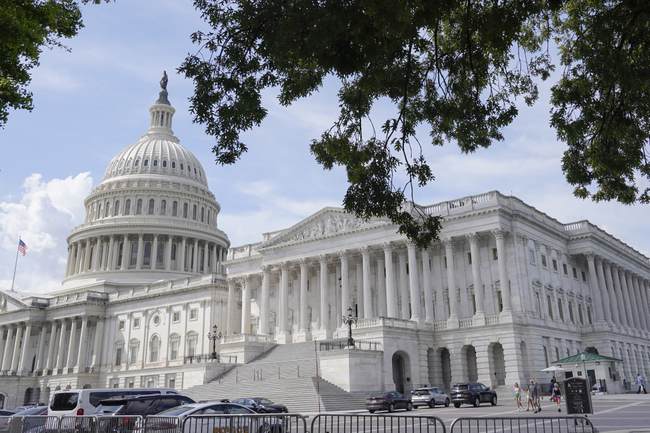
Share To Alt-Tech
Since the Dobbs decision, it is hardly a secret that pro-lifers have struggled in statewide direct democracy elections. Mainstream-media pundits frequently point out that supporters of legal abortion won seven straight ballot questions after Dobbs was decided in June 2022. However, the pro-abortion winning streak was abruptly stopped on Tuesday. Pro-lifers scored some impressive victories, defeating pro-abortion ballot questions in three states: Florida, Nebraska, and South Dakota.
Florida’s situation was certainly unique because constitutional amendments require 60 percent of the vote for passage in the Sunshine State. Indeed, Amendment 4, which would have placed legal abortion in the state constitution, received just over 57 percent support. While Amendment 4 was supported by a majority of Floridians, it fell about three percentage points short of the 60 percent threshold necessary for passage.
Some would say that the pro-life performance in Florida was comparable to the performance of pro-lifers in Michigan in 2022 and Ohio in 2023, where pro-abortion ballot questions also received support from about 57 percent of the voters. However, the pro-life victory in Florida was still an impressive win for pro-lifers for several reasons.
LifeNews is on GETTR. Please follow us for the latest pro-life news
First, according to the Associated Press, supporters of legal abortion spent over $75 million in their efforts to pass Amendment 4. This was approximately 46 percent of the total spent by supporters of legal abortion on all ballot questions this election cycle. In contrast, pro-lifers were only able to spend $10 million in Florida. Furthermore, the presence of the Florida’s Heartbeat Law gave supporters of legal abortion some extra motivation to pass Amendment 4.
Florida governor Ron DeSantis was a game changer. He raised money to oppose Amendment 4 and actively campaigned against the measure. He encouraged other Republican elected officials to publicly oppose Amendment 4. He held press conferences with pro-life physicians around the state. They informed pregnant women that Florida’s Heartbeat Act did not prevent physicians from treating pregnant women in need. Overall, the pro-life movement should be very grateful for the leadership of Ron DeSantis.
The wins in Nebraska and South Dakota took place under somewhat different circumstances. First, Nebraska and South Dakota are both states where Donald Trump received more than 60 percent of the popular vote. Unsurprisingly, defeating pro-abortion ballot questions is far easier in very conservative states. Perhaps more importantly, these were the only two states where pro-lifers were able to outspend supporters of legal abortion.
In Nebraska, the Ricketts Family, including U.S. senator Pete Ricketts, donated millions of dollars to support pro-life causes in Nebraska this election cycle. The Ricketts family supported Initiative 434, a successful pro-life ballot proposition that strengthened existing laws protecting the preborn after twelve weeks’ gestation. They also opposed Initiative 439, which would have placed legal abortion in the state constitution. Overall, opponents of Initiative 439 outspent supporters by over $3 million and Initiative 439 was defeated, receiving only 48.7 percent support from voters in the Cornhusker State.
In South Dakota, national groups supporting legal abortion offered little support for Amendment G. Amendment G would have created a constitutional right to an abortion during the first trimester. National groups disliked this compromise measure and wanted to take a more aggressive approach. In the end, opponents of Amendment G outraised supporters by nearly a two to one margin, and Amendment G was resoundingly defeated after receiving support from only 41.4 percent of South Dakota voters.
Overall, future direct-democracy elections will certainly continue to pose challenges for pro-lifers. However, Tuesday’s results clearly demonstrate that with ample funding and the right leadership, pro-life victories are still possible.
LifeNews Note: Michael J. New is an assistant professor at the Busch School of Business at The Catholic University of America and is an associate scholar at the Charlotte Lozier Institute. Follow him on Twitter @Michael_J_New

This article was originally published by LifeNews. We only curate news from sources that align with the core values of our intended conservative audience. If you like the news you read here we encourage you to utilize the original sources for even more great news and opinions you can trust!










Comments